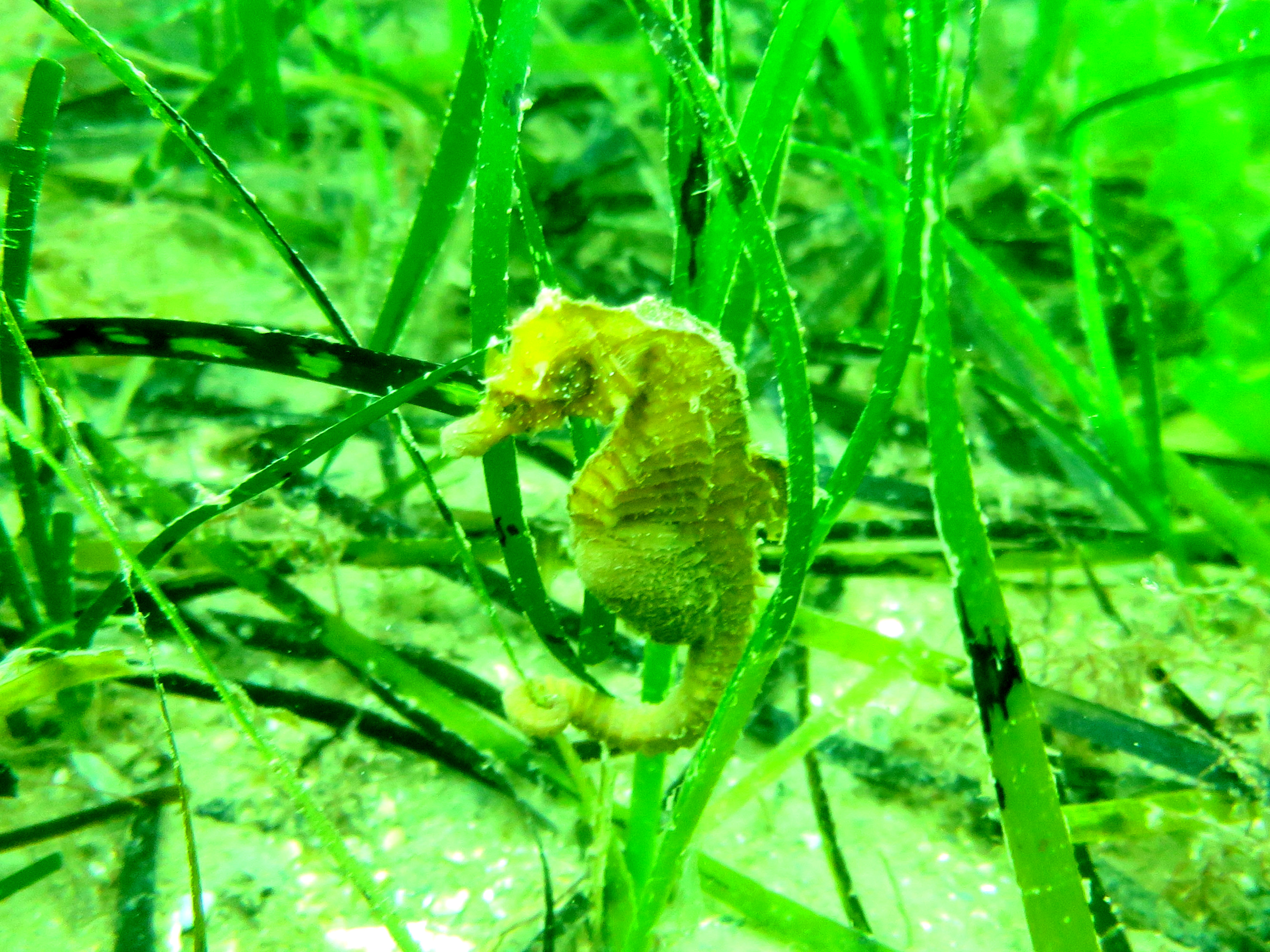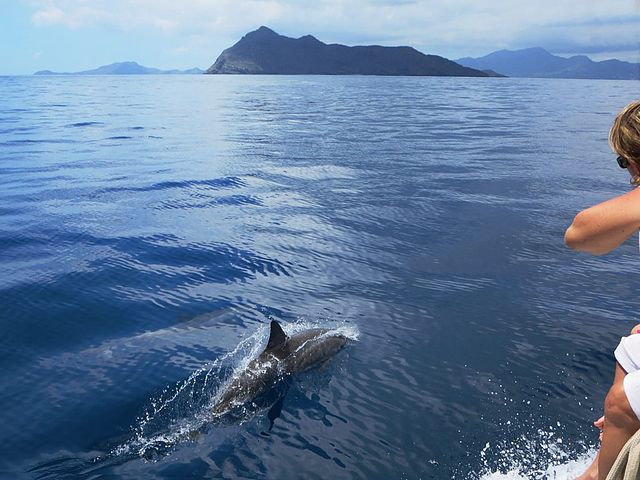Taking your boat abroad this summer? The RYA is encouraging boaters to make sure unwanted invasive species are not brought back to the UK.
The RYA is backing the campaign by the Non-native Species Secretariat (NNSS) to try and prevent invasive species from entering the UK’s waterways.
It is urging sailors who take their boats abroad to follow the Check, Clean and Dry principle.
Check your equipment, clothing and footwear;
Clean everything thoroughly before you return;
Dry everything as some species can live for over two weeks in damp conditions.
Invasive non-native species can damage boat engines and props, block up waterways, make navigation difficult, and harm the environment.
“As a water user you may unknowingly be spreading them from one water body to another,” explained the RYA in a media release.
“Animals, eggs, larvae and tiny plant fragments can easily be carried on equipment, shoes and clothing, and some can survive out of water in damp conditions for over two weeks,” it said.
Once established in a new waterway, invasive species can become unmanageable.
“You can help to protect the sport we all love by remembering to Check, Clean, Dry your clothing and equipment when you leave the water,” stressed the RYA.
Continues below…
Advice for first time cruisers from those who’ve been there!
Is one of your plans this year to give up life on land and cruise long term? YBW has asked…
Calls for responsible anchoring by boat owners following damage off Torbay
Experts are warning that anchoring irresponsibly off Torbay in South Devon can damage vital habitat and threaten the seahorses found…
Boat owners reminded of rules on protected marine animals
As the warmer weather arrives, the Marine Management Organisation is urging boat owners to follow best practice when interacting with…
Eco-friendly sailing: enjoy your favourite sport and respect nature
As sailors and boaters, we have a responsibility to treat the environment with respect. Following these guidelines is good environmental…
It said it is even more important to carry out this procedure if a boat has been taken abroad.
Free materials to help sailors are available via The Green Blue website.
In recent years the rate of new introductions of invasive freshwater species to Britain has increased dramatically.
Following the 1992 creation of a canal linking the Danube and Rhine, numerous species from the Ponto-Caspian basin have spread rapidly into Western Europe.
Many of these species, which include killer shrimp, quagga and zebra mussel, are highly invasive.
Before the canal was built, a new Ponto-Caspian species was introduced to Britain every 100 years.
However, the rate has now increased to one new species every 18 months since 2004.
Many more of these and other invasive freshwater species are present in neighbouring countries such as France, Belgium and the Netherlands.
A key concern is that these could be introduced to Britain by recreational water users returning from a trip abroad with their own kit, many of whom travel to the near continent each year.
The RYA said it was working closely this summer with the NNSS and Defra to support the Check Clean Dry push.







